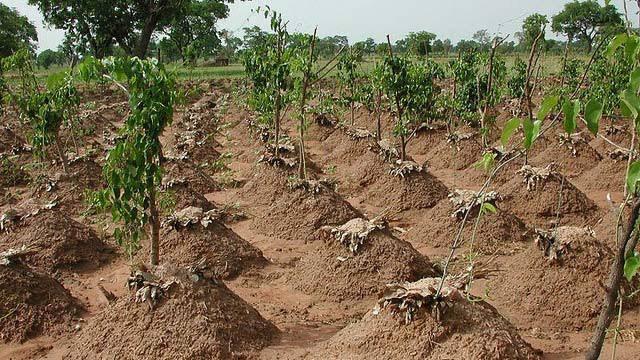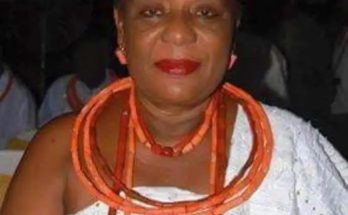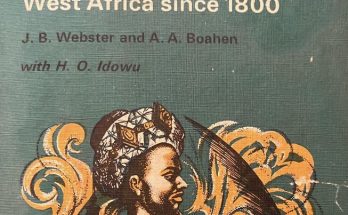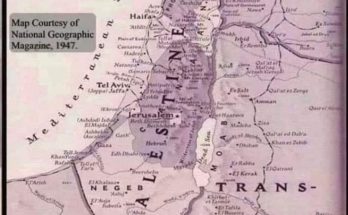As a rule, Igbos do not write Will. What is accruable to all at the death of the head of the family, is established according hierarchy. Positions in family are divine and everyone fits into his role.
With the coming of Western Education, this established order has been altered. Children now jump queue and right to inheritance, becomes of might and not divine right, especially if the deceased did not call his kinsmen at his dying bed, to have final words with them.
Another thing that constantly threatens this equilibrium, is polygamy.
Like other aspects of igbo social life, the institution of marriage, is not spared Western influence. Polygamy as practiced by our fathers, is no longer the same as delved into by post-missionary igbo polygamists.  Women now married into families, have agenda that often do not aid harmony among the children of the head of the family. They scheme and plot to upset the sharing order. It becomes worse, if the second wife, has more sons than the principal wife. Instead of sharing the man’s property into two homesteads, they want equal shares among the children.
Women now married into families, have agenda that often do not aid harmony among the children of the head of the family. They scheme and plot to upset the sharing order. It becomes worse, if the second wife, has more sons than the principal wife. Instead of sharing the man’s property into two homesteads, they want equal shares among the children.
In Igbo land, every child of a man both in and out of wedlock that he didn’t deny paternity of while alive, is his child and entitled to provision from his estate in line with established ancient order.
The first son (Opara, Okpara), owns the Obi. Obi in modern language, is Parlor or sitting room. In ancient time, the Obi, is not incorporated into the house but sands alone and often had a small room. The other children, inherit their mother’s hut, until they are man enough to build their own hut on the parcel of land given to them by their father.
Where the father didn’t have enough to share, after the Opara had taken the Obi, the compound, will be fractured into the number of male children if he had one wife.
If more than one, the compound, would be shared into two but the Obi won’t.
The farm land, is shaped equally among the male children or divided into two, depending on the type of marriage and nothing is given to the girl children.
Girls were excluded, because it was inconceivable that a girl will marry and bring her husband home to live in her father’s compound, even if she becomes a widow, she would be entitled to nothing as she was expected to remain in her husband’s village and train the children of the marriage. Furthermore, farm land is scarce and too precious to be given to a girl, who in turn will “take it” to her husband’s village. But where a man is rich and by conquest annexed lands far from his village, he may give a plot to his son-in law to hold in trust and protect it.
Furthermore, farm land is scarce and too precious to be given to a girl, who in turn will “take it” to her husband’s village. But where a man is rich and by conquest annexed lands far from his village, he may give a plot to his son-in law to hold in trust and protect it.
Where a man had no male child and did not have resources to marry more wives, his first daughter will born in his name or marry another woman, who will procreate for her father so that her father’s name and the little he inherited won’t be lost or fall into the hands of “enemies.”
Inheritance In Igbo Land




